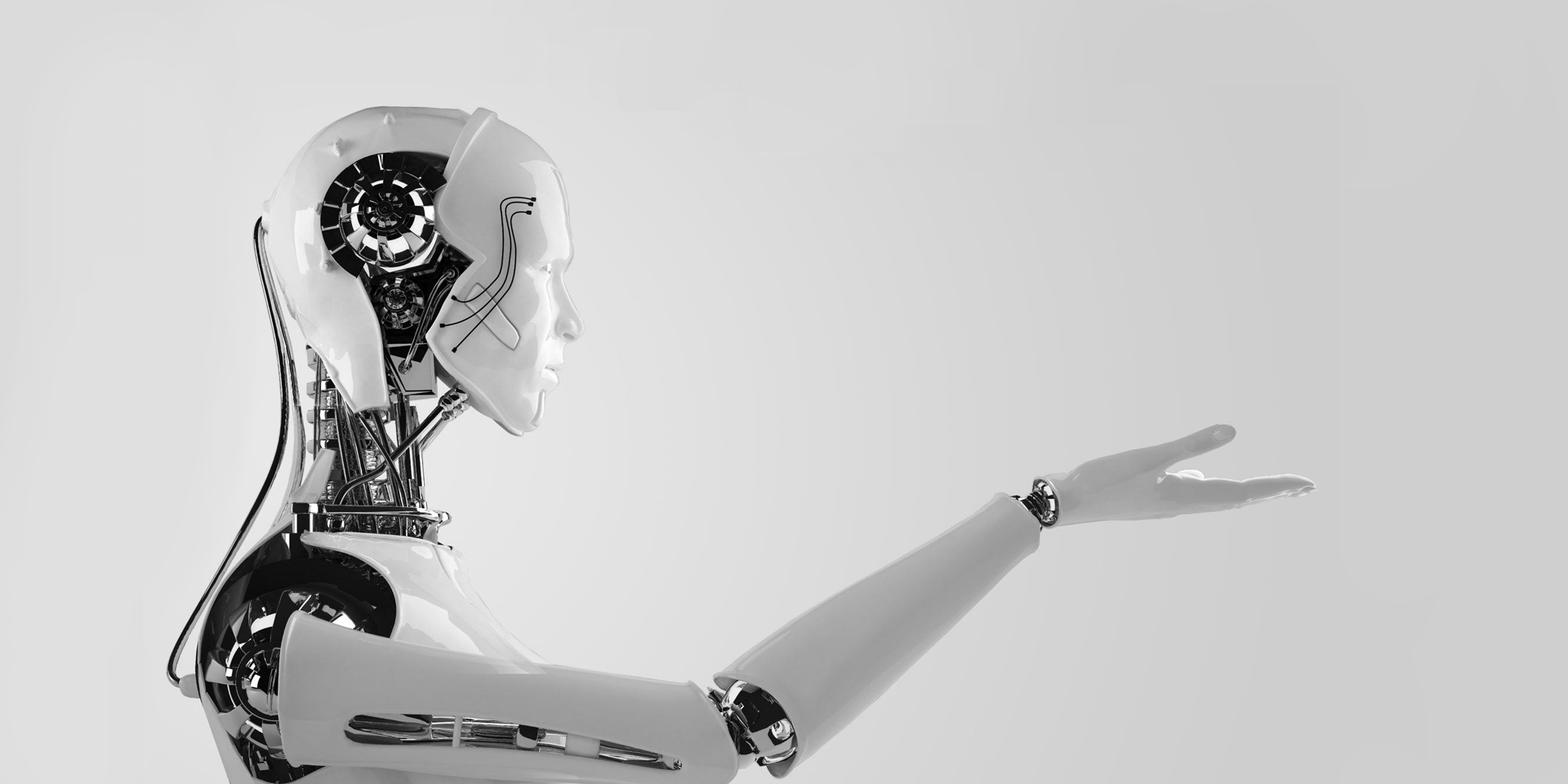Production & Design: facing challenges together
This "liquid society", where we are living, means that we must always be making a continuous and significant effort to "keep up" and at the same time it represents a huge opportunity and motivation to continue improving and innovating.
This is the case with current production models which are undergoing a perhaps unprecedented transformation process. New technologies, from automation to virtual reality, grouped under the definition of Industry 4.0, offer never-before-seen potential. The first and most direct consequence will be to radically transform production, making it extremely more efficient. It will also be possible to transform relationships with customers and offer increasingly customized products and services. The companies that can adapt and exploit these new possibilities will stand out from the norm.
An Industrial Designer is the ideal partner because he has the necessary skills to cope with the new challenges. Offering "out-of-the-ordinary" products will be key to achieving market shares but, even more important will be understanding production needs and developing products to not only adapt to this, but which can also make the most of it and reduce waste.




